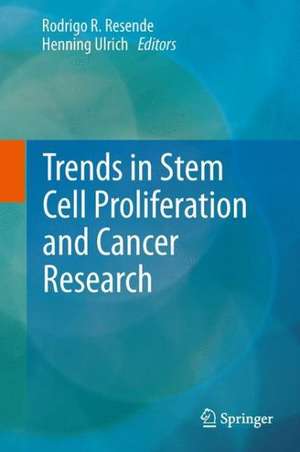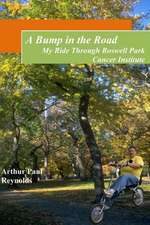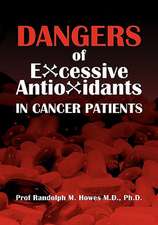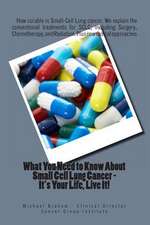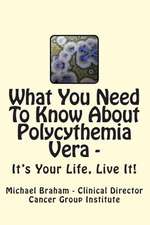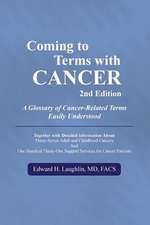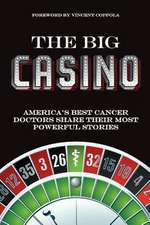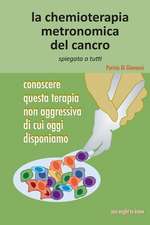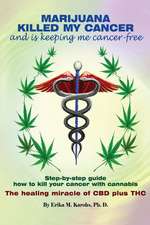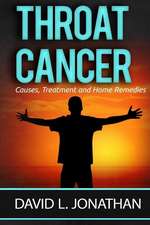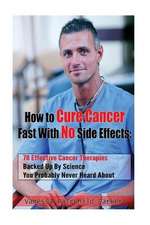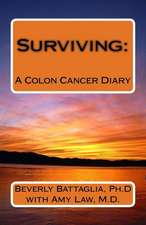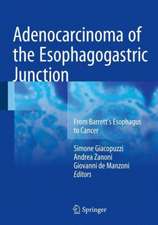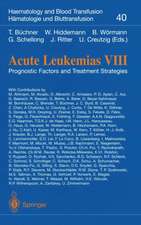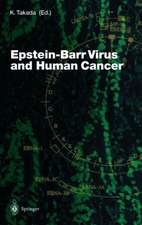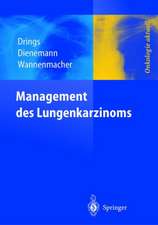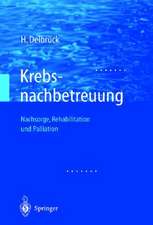Trends in Stem Cell Proliferation and Cancer Research
Editat de Rodrigo R. Resende, Henning Ulrichen Limba Engleză Hardback – 22 aug 2013
| Toate formatele și edițiile | Preț | Express |
|---|---|---|
| Paperback (1) | 1430.52 lei 6-8 săpt. | |
| SPRINGER NETHERLANDS – 26 aug 2015 | 1430.52 lei 6-8 săpt. | |
| Hardback (1) | 1450.84 lei 6-8 săpt. | |
| SPRINGER NETHERLANDS – 22 aug 2013 | 1450.84 lei 6-8 săpt. |
Preț: 1450.84 lei
Preț vechi: 1527.19 lei
-5% Nou
Puncte Express: 2176
Preț estimativ în valută:
277.66€ • 288.80$ • 229.22£
277.66€ • 288.80$ • 229.22£
Carte tipărită la comandă
Livrare economică 15-29 aprilie
Preluare comenzi: 021 569.72.76
Specificații
ISBN-13: 9789400762107
ISBN-10: 9400762100
Pagini: 700
Ilustrații: XVIII, 661 p.
Dimensiuni: 155 x 235 x 32 mm
Greutate: 1.44 kg
Ediția:2013
Editura: SPRINGER NETHERLANDS
Colecția Springer
Locul publicării:Dordrecht, Netherlands
ISBN-10: 9400762100
Pagini: 700
Ilustrații: XVIII, 661 p.
Dimensiuni: 155 x 235 x 32 mm
Greutate: 1.44 kg
Ediția:2013
Editura: SPRINGER NETHERLANDS
Colecția Springer
Locul publicării:Dordrecht, Netherlands
Public țintă
ResearchCuprins
Part I Molecular bases for stem and cancer cells proliferation.- An introduction to proliferation and migration of stem cells and cancer.- the role of cell adhesions, cell junctions and extracellular matrix in normal development and carcinogenesis.- The embryonic rest hypothesis of cancer development: 150 years later.- Are calcium channels more important than calcium influx for cell proliferation ?- Role of calcium signaling in stem cells and cancer cells proliferation.- |Formation and function of lipid droplets in inflammation and cancer.- The role of sphingolipids in modulating pluripotency of stem cells.- Part II Signaling pathways to cancer cells fate.- Signaling pathways of cbl-b and its role on peripheral t cell tolerance.- Bh3-only proteins in cancer and apoptosis.- Signaling pathways of mta family proteins as regulators of cancer progression and metastasis.- Signalling pathways of β-catenin/jnk on carcinogenesis.- The regulation of the jnk cascade and programmed cell death by nf-κb: mechanisms and functions.- Part III Uncontrolled physiology process guiding to cancer cells.- Migration, metastasis and more: the role of chemokines in the proliferation, spreading and metastasis of tumors.- Autophagy, cell death, and cancer.- the duality of stem cells – double edged sword in tumour evolution and treatment.- Glioblastoma stem cells and implications for chemoresistance.- The tumor microenvironment as a transient niche: a modulator of epigenetic states and stem cell functions.- Tumor-associated neutrophils (tans).- Microrna control of apoptotic programs in cancer.- Part IV Therapeutic strategies for anticancer treatment.- Markers of cancer stem cells and their functions.- Cancer cell dormancy: potential therapeutic targets to eradicate cancer cells within the niche.- Modulating apoptosis in cancer therapy with ultrasound and high intensity nanosecond electric pulses.- Targeting cell cycle for anticancer treatment andneuroprotection.
Textul de pe ultima copertă
The book will discuss the molecular mechanisms of cancer diseases, stem cell proliferation and transformation into cancer cells beyond the physiological processes that occur in normal stem cell biology. Some of the key oncogenic events in cancer and their signaling pathways that regulate cell division cycle progression will be described considering prospects for using such knowledge in advanced cancer therapy. Each chapter shall provide an invaluable resource for information on the most current advances in the field, with discussion of controversial issues and areas of emerging importance
Caracteristici
State-of-the art information on proliferation mechanisms and cancer research including cancer stem cells, written by leaders of the field around the world Comprehensive introduction with excellent figure material The book is written in a way for addressing researchers from various disciplines Audience includes university libraries, graduate students as well as researchers on post-doctoral and professor level, physicians interesting in novel approaches of therapy, academics and scientists of pharmaceutical industry, academics from related areas (biomedicine, pharmacy, chemistry), graduate student classes at the Universities of São Paulo and Belo Horizonte, international conferences and workshops (Cell Biology, medicine among others)
